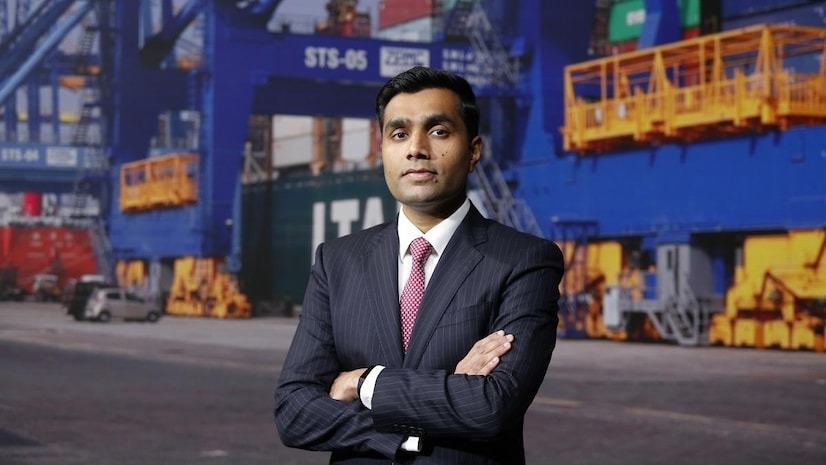Prime Minister Narendra Modi officially inaugurated the Vizhinjam International Deepwater Multipurpose Seaport, making it India’s first dedicated container transshipment hub. Karan Adani, Managing Director of Adani Ports and SEZ, stated that the port is expected to significantly reduce logistics costs and enhance trade efficiency.

Major Capacity Expansion Planned by 2028
The first phase of Vizhinjam is now complete. The port currently handles 1.2 million TEUs, and Adani Group plans to increase capacity to 5 million TEUs by 2028 with Phase 2. The port’s natural 20-meter draft and its location close to busy global shipping lanes position it as a major strategic asset for India.
Global Efficiency Standards in Focus
Karan Adani emphasized the goal to make Vizhinjam one of the most efficient ports globally, aiming for a 25–30% reduction in logistics costs for Indian exporters and importers. He underlined that lowering logistics expenses will make Indian goods more competitive in global markets.
Overcoming Construction Challenges
The project faced multiple hurdles: cyclones, material shortages, local protests over coastal concerns, and delays caused by the COVID-19 pandemic. Despite this, the Adani team, with support from the Kerala government and people of Thiruvananthapuram, pushed through to complete the project.
South Asia’s Growth and India’s Role
Amid global trade uncertainties, Karan Adani expressed confidence in South Asia’s economic potential. He believes India’s trade needs to grow at twice the pace of its GDP for sustained development, and ports like Vizhinjam will be key enablers in achieving that.
Strategic Role in India-Middle East Corridor
Karan Adani also mentioned the India-Middle East-Europe Economic Corridor (IMEC), where Adani’s ports on India’s western coast and Haifa Port in Israel are expected to play a pivotal role. He said IMEC provides a viable alternative to the Suez Canal, enhancing supply chain resilience.
Global Expansion in Southeast Asia
Looking ahead, Adani Ports is exploring expansion outside India, especially in Southeast Asia, with a focus on building a strong presence in the Bay of Bengal and Arabian Sea network. Karan Adani indicated this aligns with their long-term regional strategy.
